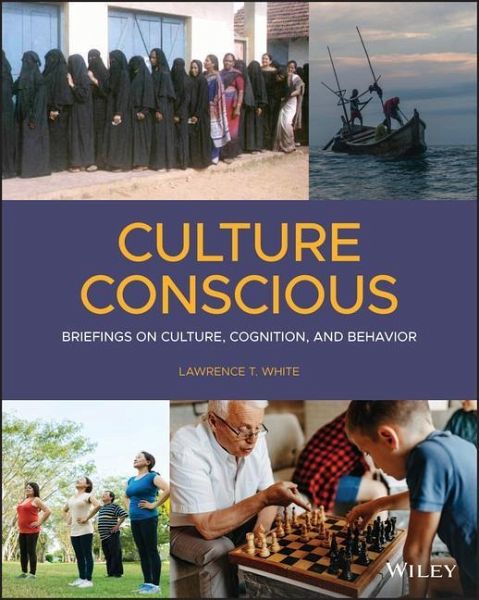
Versandkostenfrei!
Versandfertig in über 4 Wochen

PAYBACK Punkte
43 °P sammeln!




Culture Conscious
Lawrence T. White is Professor Emeritus of Psychology at Beloit College in Wisconsin, USA. He has taught a course in cross-cultural psychology for the past 30 years and directed study abroad programs in Australia, Estonia, and Morocco. Professor White has authored or coauthored more than 40 scholarly articles, essays, and book chapters. His research and teaching activities have been generously supported by the J. William Fulbright Foreign Scholarship Board, the National Institute of Mental Health, the National Research Council, the Exxon Education Foundation, the European Social Fund, and the Archimedes Foundation in Estonia.
Produktdetails
- Verlag: Wiley
- Seitenzahl: 256
- Erscheinungstermin: 15. Dezember 2020
- Englisch
- Abmessung: 249mm x 203mm x 15mm
- Gewicht: 476g
- ISBN-13: 9781119677185
- ISBN-10: 1119677181
- Artikelnr.: 59911559
Herstellerkennzeichnung
Libri GmbH
Europaallee 1
36244 Bad Hersfeld
gpsr@libri.de
Für dieses Produkt wurde noch keine Bewertung abgegeben. Wir würden uns sehr freuen, wenn du die erste Bewertung schreibst!
Eine Bewertung schreiben
Eine Bewertung schreiben
Andere Kunden interessierten sich für











